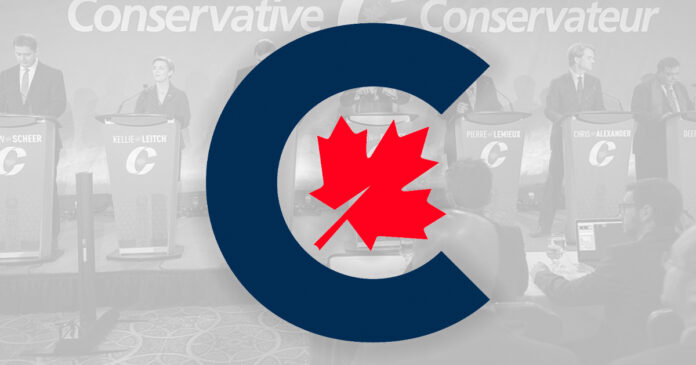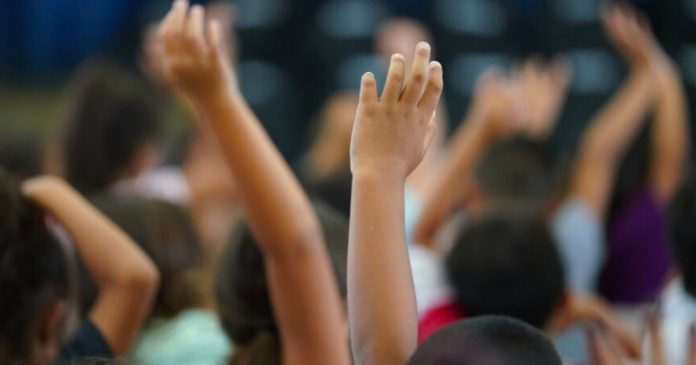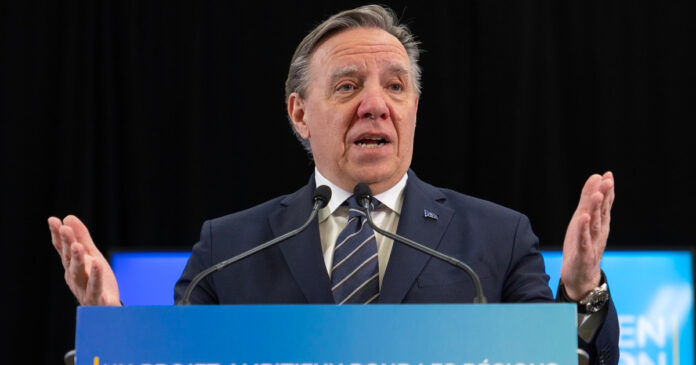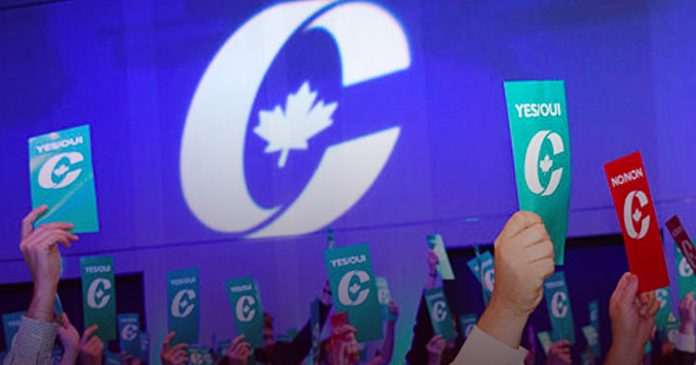A report from the Fraser Institute has revealed that Canadians’ support for new big-ticket social programs plummets when they learn they have to pay for them.
Data from the report shows that support for national pharmacare, dental care, and $10-a-day daycare drops to only 4 in 10 Canadians when they consider the tax increases needed to finance the programs.
The introduction of a national $10-a-day daycare program holds 69% support among Canadians when funding costs are not considered, with support dropping to 36% when a 1% increase in the GST is proposed to finance the program.
Support for a national pharmacare program stands typically at 79%, but when the program’s costs are considered, the program’s support among Canadians is nearly halved (40%).
A national dental care program for households earning under $90,00 a year is supported by 72% of Canadians when costs are not included, but drops to 42% when costs become a factor.
“Despite the federal government’s borrow-now, pay-for-it-later approach to public programs, Canadians need to be aware that these new programs have significant costs that will have to be paid for by taxpayers eventually,” said Jake Fuss, associate director of fiscal policy research at the Fraser Institute.
While past polls have found dental care, pharmacare, and daycare programs to be broadly popular, these polls did not survey respondents on their feelings towards the associated costs.
The estimated annual cost for the fully implemented programs varies, including $1.7 billion for national dental care, $7.9 billion for the daycare program and $15.3 billion for the pharmacare program.
The Trudeau government has pursued bringing in these programs in its 2022 budget proposal, which seeks to implement the national dental care plan for children under 12, then broaden the plan to include children under 18 as well as seniors. The plan aims to fully implement the program by 2025 and applies to households making under $90,000 a year.
Prime Minister Justin Trudeau has also made agreements with all ten provinces to implement a daycare program that seeks to drop the daily price of all federally regulated daycares to $10.
While legislation for the national pharmacare programs has not yet been introduced in the House of Commons, the Liberals are seeking to implement the program by the end of 2023, which would have the government delineate “essential medications” and purchase them en masse to the tune of over $15 billion annually.
“The reality of any new or expanded government program is that at some point Canadians have to pay for them, either in the form of higher taxes or less spending on other programs,” Fuss said.
A total of 1,509 people were surveyed, with a margin of error of ±2.49%, 19 times out of 20.


























